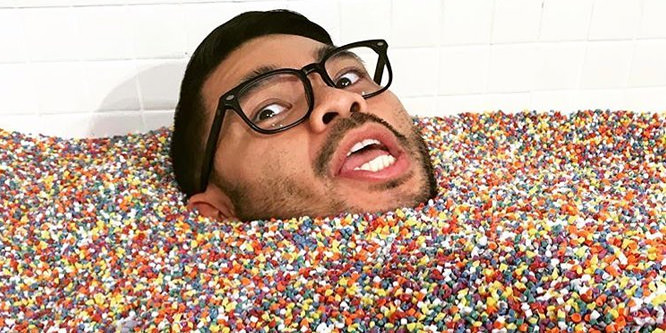
Photo: Museum of Ice Cream
September 7, 2016
Can pop-ups wake up mall traffic?
With department stores and many iconic mall chains failing to drive traffic and closing doors, malls are turning to pop-up stores to drum up excitement.
Woodbury Common Premium Outlets, for instance, partnered with Rent the Runway over four consecutive weekends during May and June to host the shopping center’s first-ever pop-up sample sale.
“We are continually seeking exclusive and innovative ways to provide shoppers with one-of-a-kind experiences,” said Amanda O’Connell, assistant director of marketing and business development of Woodbury Common Premium Outlets, at the time.
A recent Wall Street Journal article stated some malls are dedicating five percent of their space to short-term leases to both minimize vacancy rates and stimulate traffic. To attract smaller entrepreneurs, including e-tailers exploring a physical presence, malls are said to be establishing smaller, “white box” spots with simple interiors that can easily transition from one tenant to another.
“They are using those to attract specialty retailers or local players who are intimidated by the whole rent structure,” Nick Hernandez, managing director of retail at Transwestern, a commercial real-estate firm, told the Journal. Vendors looking to demo product on a temporary basis can also find more opportunities inside malls.
The trend demonstrates how the pop-up experience has evolved beyond a room full of folding tables with local purveyors of fashion, costume jewelry and other crafts. Some have become spectacles. During the last two weeks of August, a pop-up shop in the Meatpacking District in Manhattan, the Museum of Ice Cream, gave visitors a chance to take selfies while swimming in a pool filled with 11,000 pounds of confetti-colored sprinkles. In Chicago, a pop-up diner, “Saved By The Max,” is paying homage to the diner from the ’90s TV show, “Saved by the Bell.”
Virtual reality headsets and other emerging digital technologies are also helping deliver amusement park-type experiences shopper settings. Jeremy Baras, CEO of PopUp Republic, a consultancy firm, told the Portland Press Herald, “It’s about unique and innovative concepts that can create exclusivity and drive traffic and attention.”
- Mall Owners Warm Up to ‘Pop-Up Stores’ – The Wall Street Journal (sub. required)
- Rent The Runway To Host Sample Sale At Woodbury Common Premium Outlet – Fashion Times
- The Full Scoop on The Museum of Ice Cream, NYC’s Sweetest New Hotspot – W
- Capture ’90s Nostalgia at Chicago’s Saved By The Max – Travel Pulse
- Inventiveness accompanies pop-ups’ proliferation in Boston and beyond – Portland Press Herald
Discussion Questions
DISCUSSION QUESTIONS: Should existing tenants welcome a steady stream of pop-ups at malls and shopping centers? How much pop-up activity is healthy for the mall experience and at what point might it be harmful?
Poll
BrainTrust
Karen S. Herman
CEO and Disruptive Retail Specialist, Gustie Creative LLC
Recent Discussions

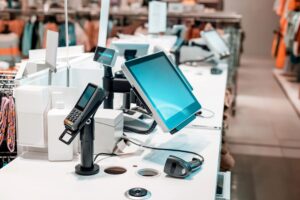
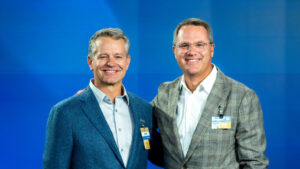
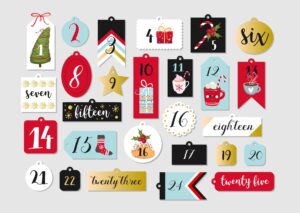
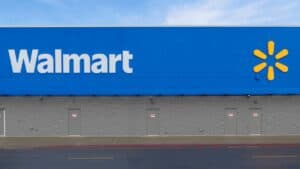


The move to “entertainment center + shopping” has been great for malls in our area. Pop-ups are great for variety and novelty — especially unique ideas like the Museum of Ice Cream. The danger for the anchor stores is that they lose shopper attention. But if you have no traffic, you are dead anyway, so the pop-ups can’t hurt — at least initially. But too many pop-ups makes for mall-turned-bazaar-turned-carnival. Sooner or later the novelty wears off and traffic dies. And no one remembers why they used to go to the mall in the first place.
Mall tenants should welcome any activity that boosts mall traffic. Pop-ups can be great traffic stimulators. They provide the joy of a treasure hunt and the fun of an amusement park. They can cater to younger consumers in a way that regular stores cannot. At this point, they are limited solely by their creativity.
That mobile phone accessory, unique gift or seasonal need from the mall pop-up store are part of the discovery and adventure of shopping. In adding to the experience everybody wins, including the retailers whose offerings are compared before purchase. Pop-ups offers an inexpensive entry point to product retail, help train future retail staff and allow larger retailers to see trends early along with practices that might benefit their businesses. Who would begrudge retail entrepreneurship except those who cannot keep pace?
It’s all about enabling experiences. Malls need to facilitate uniqueness, whether that’s pop-up stores, concerts or other limited-time events. And with it becoming tougher to compete for attention, anything that’s perceived as an “exclusive” is a plus.
Pop-up stores are beneficial for everyone — landlords, anchor tenants, the store brand and shoppers. They create a reason for shoppers to come back and discover what’s new in hopes of uncovering that great find. These stores keep the real estate fresh, exciting and — most importantly — relevant. New pop-up stores have an opportunity to leverage the latest technologies to create that amazing shopping environment with incredible experiences. If they turn into simply a glorified garage sale with products piled on top of folding tables they’ll accelerate the race to the extinction of brick-and-mortar retail. Innovative uses of technologies like RFID can turn a pop-up store into an extremely viable and completely transparent consignment retail environment for brands trying to compete with online retail.
It’s really too bad that department stores didn’t use some of their floor space for fun and innovative pop-ups. They let the traffic eek out the doors to the mall space while operating with their heads in the sand. Is it too late for innovation within anchor stores? No.
But if big department stores don’t act on the shopper desire for experiences that inform, entertain and create feelings, they are focused on the wrong things. This is not rocket science.
Whether pop-ups, carts or kiosks, if they bring something exciting to the mall, they will benefit the regular tenants. Let’s not forget that a successful pop-up experience for a retailer or brand can turn into a steady tenant situation. It is a good trial without committing to a lease.
A pop-up store transforms the way a retailer does business. They can directly interact with consumers and gain new customers, achieve a specific marketing objective, then return to the way they do business as usual. Think of this as transforming from the online world to the real world and then returning to online. It may be sugar-coated in creativity and instant gratification, but done right a pop-up store implements a smartly targeted marketing strategy and offers immediately measurable results. A pop-up store is one type of disruptive retail my company designs and tracks. Pop-up retail is not a fad and has definitely moved beyond a trend.
The idea is variety, experience and something new. Keep it fresh and you will have a better chance of keeping it moving. People still do love to shop. It has always been a form of entertainment so make it come alive.
What you don’t want is to set up carts and decades later the same carts are still there. That is not fresh. Keep it moving.
For my 2 cents.
Pop-up stores are great for the landlords. They will generate some rent no matter what the success of the a store is. Some of the pop-up retailers will be successful but as we see more and more, the rate of success will become less and less.
Will pop-ups bring traffic to malls that have a traffic problem? I don’t know why that would happen. If a 50- or 100-store mall is having trouble generating traffic, why would a few pop-up stores encourage people to make the trip?
The problem is the mall itself. It doesn’t work in today’s environment. A few pop-up stores will not solve any mall problems.
Pop-ups really make sense during peak periods like holiday, but to pop up in the middle of summer and expect that event to increase traffic is a mistake IMO. If customers are trained to look for new and exciting things when they go to the mall anyway that will help, but it’s not the end-all. Mixed-use is the ultimate draw.
I was aghast when I read the Wall Street Journal article saying that online retailers understand how essential a brick-and-mortar location is. Just a lot of navel gazing. Malls and department stores are in trouble because they no longer have relevant meaning.
Thinking you can stave off the decline of malls by using pop-up stores is akin to cutting back on meals to save money for food.
The entire mall experience lacks authenticity (it was meant to mimic and improve upon the downtown shopping experience) and it is not an old enough model to yet be thought of nostalgically with any equity that nostalgia brings.
I fully understand the desire for malls to try and reinvent the experience but pretending to be a “one of a kind” experience is ludicrous with the current level of thinking. This is a perfect example of solving the wrong problem.
More to the point of another of today’s RetailWire articles, many Millennials (and Boomers) have shortened attention spans and anything new and intriguing will capture the attention of mall shoppers … for at least a minute or two.
A rotation of pop ups will create an attraction and a sense of urgency for the buyer. I think it makes sense.
Existing tenants should welcome whatever is necessary to drive qualified traffic.
The question of what is healthy or harmful will come as the trend evolves. The current continuum from profitable shopping center to unprofitable shopping center is often defined by percent of permanent tenants. Perhaps pop-ups are the tipping point to irrelevance.